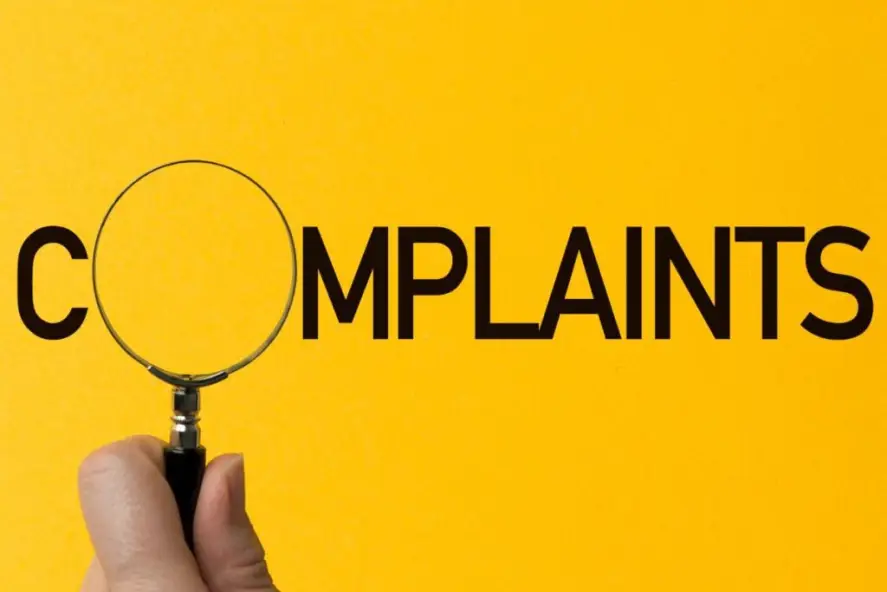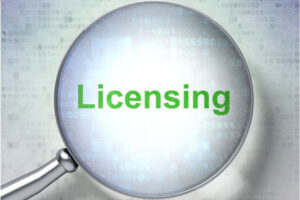Your professional or occupational license allows you to use your education, training, and skills to help others in your field of expertise. You will likely feel upset and overwhelmed when you receive a complaint against your license. Depending on the outcome of the licensing board’s investigation and any ensuing disciplinary proceedings, you risk losing your license or being unable to continue working in your field, perhaps temporarily or even permanently.
A Texas licensing board defense attorney may be able to defend you against any misconduct allegations or at least minimize the ramifications of any adverse finding. Therefore, it is best to contact the offices of Bertolino LLP, today by calling (512) 515-9518 or contacting us online. In the meantime, here are five things you need to know about your licensing board complaint.
1. Your Licensing Board Agency Takes Complaints Seriously – and So Should You
Many complaints that licensing boards and agencies receive are baseless, and some are downright frivolous. Other complaints may concern issues outside your licensing board’s jurisdiction. However, no matter the content of the complaint, you must take it seriously, as your licensing board will take it seriously.
Do not be fooled into thinking that you can give a simple explanation to a complaint and that your licensing board will automatically accept your explanation at face value. If your licensing board finds any indication that you may have violated a rule or law governing your profession, an investigator for the board will investigate the complaint against you thoroughly. As a result, the investigator is likely to interview the complainant, you, and other witnesses who have information about the alleged incident. The investigator also may request certain documentation from you or other parties concerning the incident. Therefore, consulting with legal counsel before speaking to or turning over documents to an investigator is wise to avoid any missteps during the investigation that may raise additional questions with your licensing board.
2. Ignoring a Complaint is Not an Option
Sometimes, you may think a complaint against you is so unjustified that you do not want to take the time to respond to it. However, not responding at all is a bad idea. Your licensing board will not assume that your silence means you did nothing wrong. Instead, the board will reach the opposite conclusion; it will assume that your silence means that you did something wrong or are admitting to the allegations against you. In fact, according to the procedures of many licensing boards and agencies, a persistent failure to respond to allegations of misconduct or complaints against you can result in the agency entering default findings and sanctions against you. In other words, the agency can find that you violated laws or rules as alleged without even having the chance to tell your side of the story. You also will receive sanctions for your alleged violations without any chance to present evidence on your behalf or argue your case. As a result, remaining silent will not help your case.
3. The Less You Say, the Better
As human beings, particularly professionals, we tend to want to explain our actions when accused of wrongdoing. Therefore, your first reaction to receiving a complaint from your licensing agency is to explain yourself through a written response or by simply calling the investigator assigned to your case. However, you should always refrain from doing so.
The fact is that your licensing board’s job is to protect the public rather than advocate for you as a professional. When receiving a complaint, they must investigate whether you violated a rule or law about your profession, as the complainant has alleged. Giving them additional information that they don’t already have may harm rather than help your case. Again, speaking with an attorney first is your best course of action. Otherwise, you may inadvertently admit to a violation of a law or rule that was not part of the original complaint or give the investigator evidence they can use against you in future disciplinary proceedings. The bottom line is that you may make defending yourself against misconduct allegations more difficult if you attempt to explain yourself.
Click to contact our professional license defense lawyers today
4. No Matter What Type of Complaint You Are Facing, You Need a Lawyer
While you may think that you can adequately handle a disciplinary complaint that you have received on your own, the likelihood is that you can and should proceed only with legal assistance. You are likely not familiar with the agency rules and procedures for disciplinary proceedings before your licensing board. You may not understand what standard of proof you need to avoid a finding of misconduct and/or sanctions. You also may not know what evidence is helpful or not to produce in your case.
When you face disciplinary proceedings, your professional license, career, and reputation are at stake. You have a better chance of overcoming a disciplinary complaint if you deal with it immediately and retain legal counsel from the outset of the proceedings. You cannot afford to wait or attempt to handle matters on your own with so much to lose if you are unsuccessful in defending yourself.
Defend Yourself Against Disciplinary Proceedings Involving Your Professional License
We want to help put you in the best position to protect your license. Therefore, you should seek immediate legal representation to take the steps necessary to defend your license from these potentially severe consequences. At Bertolino LLP, you will find a professional license defense attorney to assist you with your disciplinary proceedings. Make an appointment to speak to us today by calling (512) 515-9518 or contact us online to see how we can help.
Call or text (512) 476-5757 or complete a Case Evaluation form





